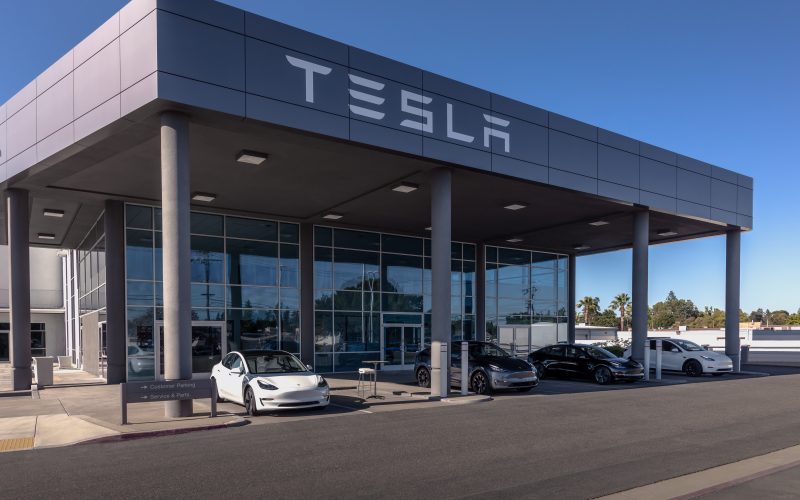Automakers grappling with stricter European Union 2025 emissions regulations plan to purchase carbon credits from electric vehicle companies such as Tesla and Polestar to avoid substantial fines, according to an EU filing. By pooling emissions with EV leaders, manufacturers with lower electric vehicle sales can buy credits to reduce their overall averages, potentially saving hundreds of millions of euros in penalties.
The pooling agreements, revealed in an EU filing, show Tesla leading a pool involving Stellantis and others, while Mercedes is forming a separate pool with Polestar, Volvo Cars, and Smart. Tesla, whose carbon credit sales contributed 3% of its $72 billion revenue last year, will sell credits to participating carmakers, while Polestar, Volvo, and Smart will support Mercedes with surplus credits.
Volvo Cars, majority-owned by China’s Geely, confirmed it expects a significant CO2 surplus this year, citing a 40% reduction in global tailpipe emissions per vehicle since 2018. However, it declined to disclose financial details of the agreement.
The stakes are high, with Renault’s CEO Luca De Meo warning that EU 2025 rules could cost European carmakers €15 billion in fines. Stellantis, aiming to avoid penalties, plans to increase its EV sales in Europe from 12% to 21% of its total by 2025. Missing the target could result in fines of €300 million per percentage point.
The pools remain open to additional participants until February, with deals contingent on 2025 sales figures. While Volkswagen has not yet joined a pool, it described the 2025 targets as “particularly challenging” and may consider joining later. ACEA, the European automotive lobby, and some governments, including Italy, are calling for relief or suspension of the 2025 fines, arguing the transformation to EVs is heavily dependent on market conditions and customer demand. By pooling emissions, automakers plan to comply with EU regulations, optimise resources, and accelerate the transition to low-emission and electric technologies.





















